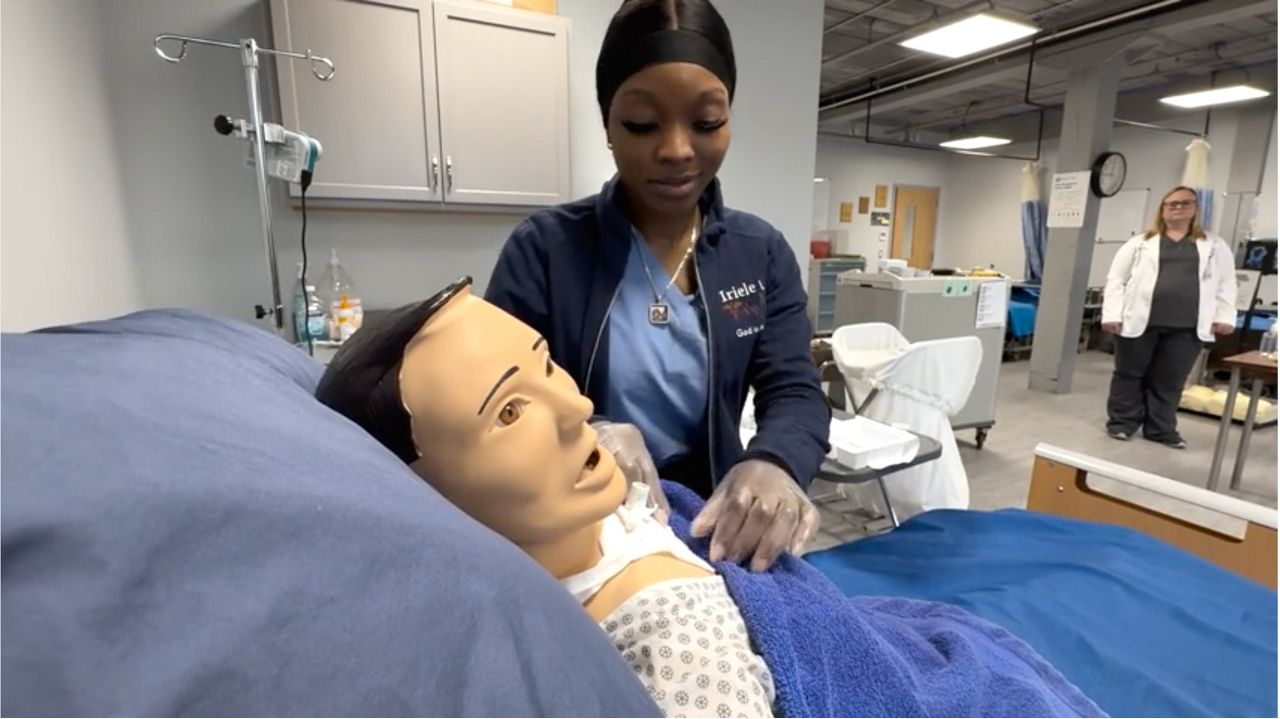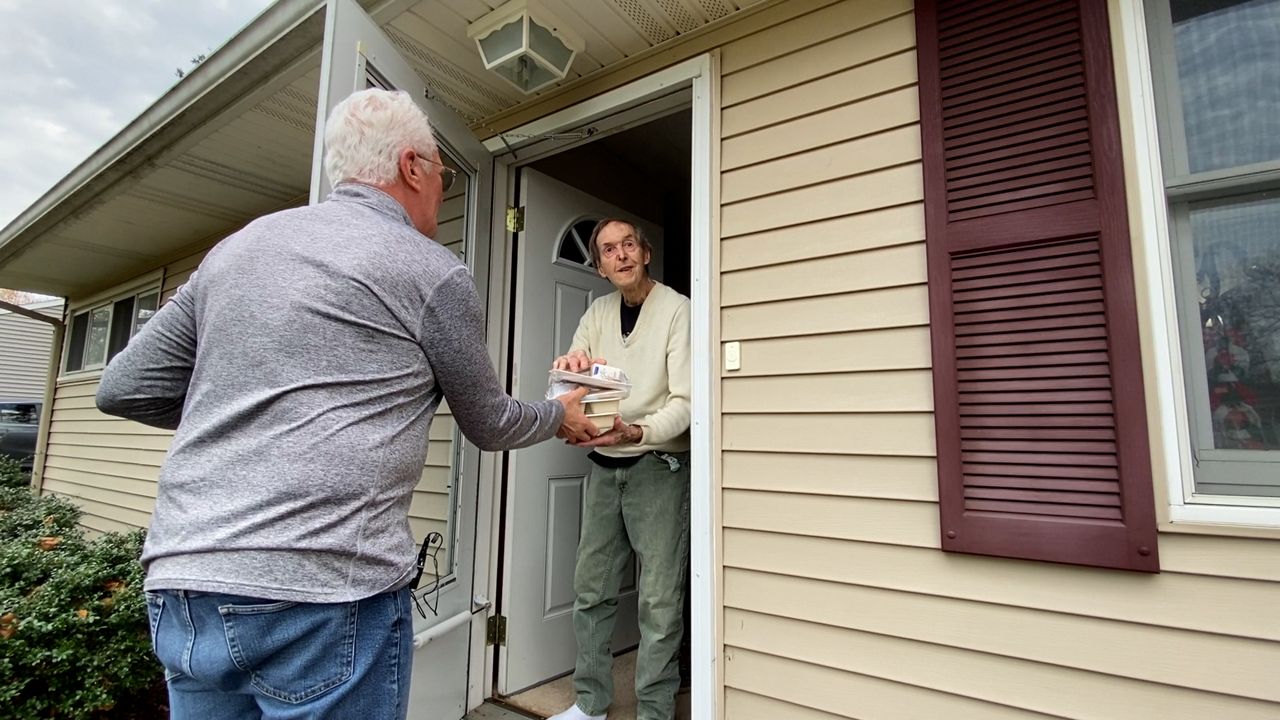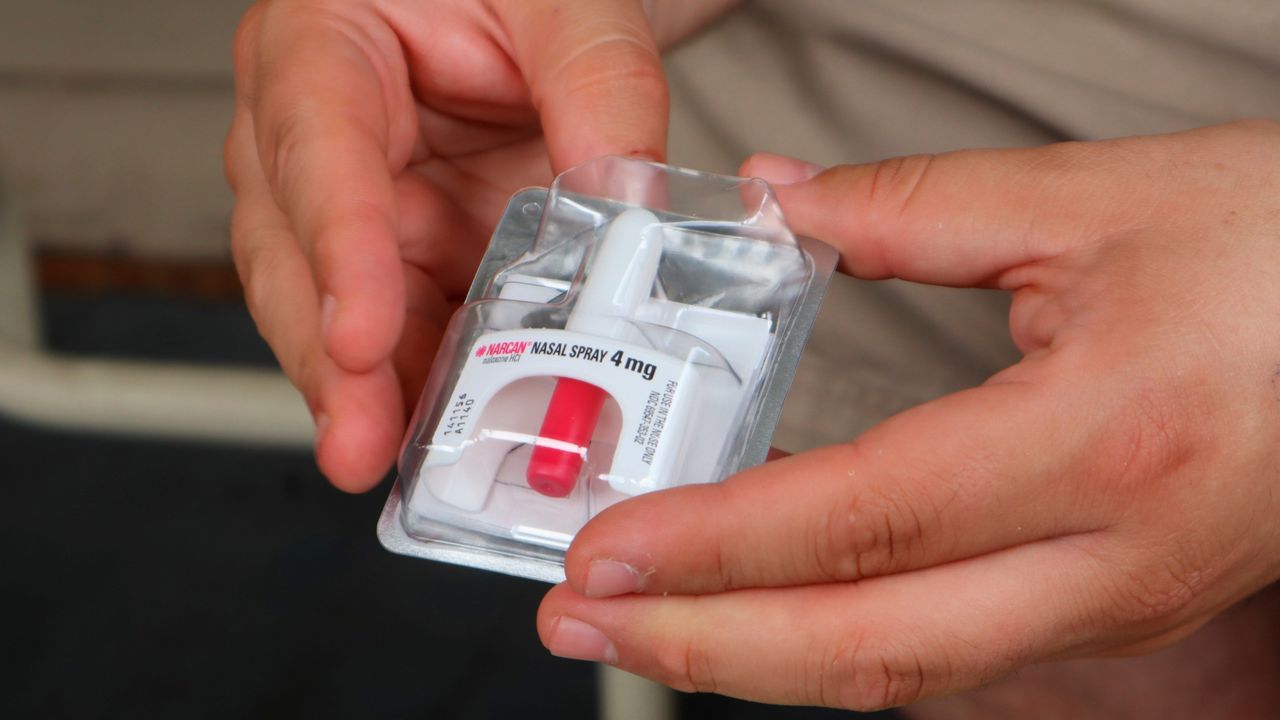Respiratory syncytial virus, or RSV, is an illness likely to impact almost every American at some point during their lifetime. But some of the most vulnerable are more at risk, and encouraged more than ever to get vaccinated.
Earlier this year, a vaccine to help older adults combat RSV was approved by the U.S. Food and Drug Administration.
“I don’t like to get the shots,” said Margaret Mayer of Albany. “But I feel if they’re out there for us, it’s for a reason.”
RSV is a respiratory virus that infects the lungs and breathing passages. According to the Centers for Disease Control and Prevention, up to 160,000 Americans over the age of 60 are hospitalized every year, and 6,000 to 10,000 of them die.
“It’s so new,” Mayer said. “At least it is to me, and I really didn’t know much about it.”
Mayer falls into a category health experts are encouraging to get vaccinated. Upon learning more about RSV, Mayer asked her own doctor about it.
“I said, 'should I do the three vaccinations?' It seemed like an awful lot of vaccinations for one season,” she said. “My doctor responded immediately and said 'yes.'”
Fortunately, Mayer doesn’t fall into the categories of adults at highest risk for severe RSV: adults with chronic heart or lung disease, weakened immune systems and other underlying medical conditions.
“We can pass that virus back and forth to each other,” said Dr. Harry Miller of Four Seasons Pediatrics in Clifton Park.
Miller treats infants, another age group disproportionately impacted by RSV.
“Respiratory illnesses are kicking up,” he said. “We’ve seen flu, some RSV, not a lot, but some.”
Miller said there is a newer vaccine for kids, but that demand is creating a shortage.
“There was a previous product that’s still available. There is not a shortage of that,” he said. “It was already being given for the highest risk.”
Miller said for the time being, it may take parents a few phone calls to locate the vaccine. He’s encouraging pregnant women to consider the vaccine.
“And that will pass on protection to their baby when they’re born,” Miller explained. “And that will lessen the shortage.”
Mayer received two of her three shots thanks to various clinics that Colonie Senior Service Centers hosts at her senior living community.
“It’s really important at our elderly age,” she said. “We don’t have the fight in us anymore with our immune system.”










